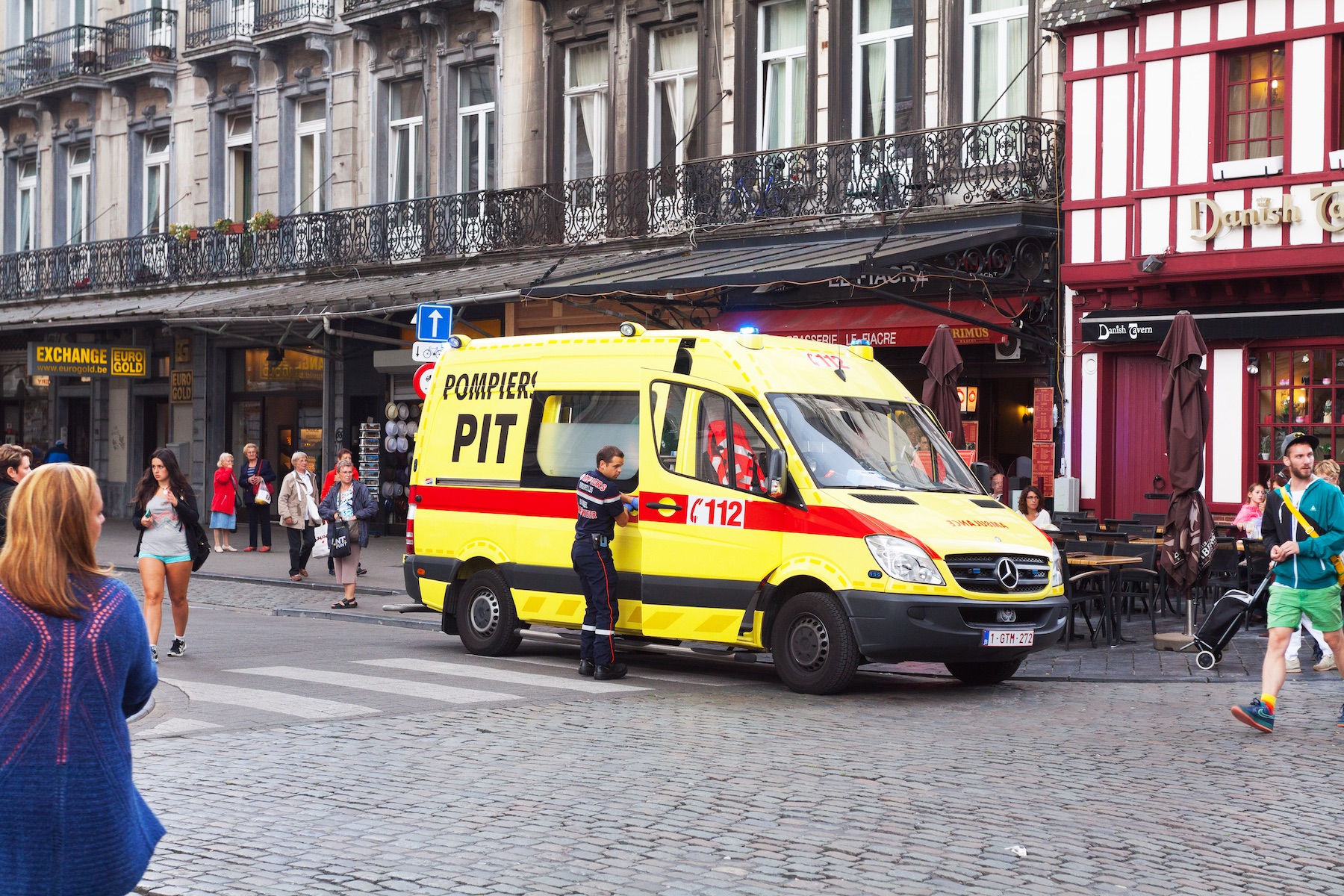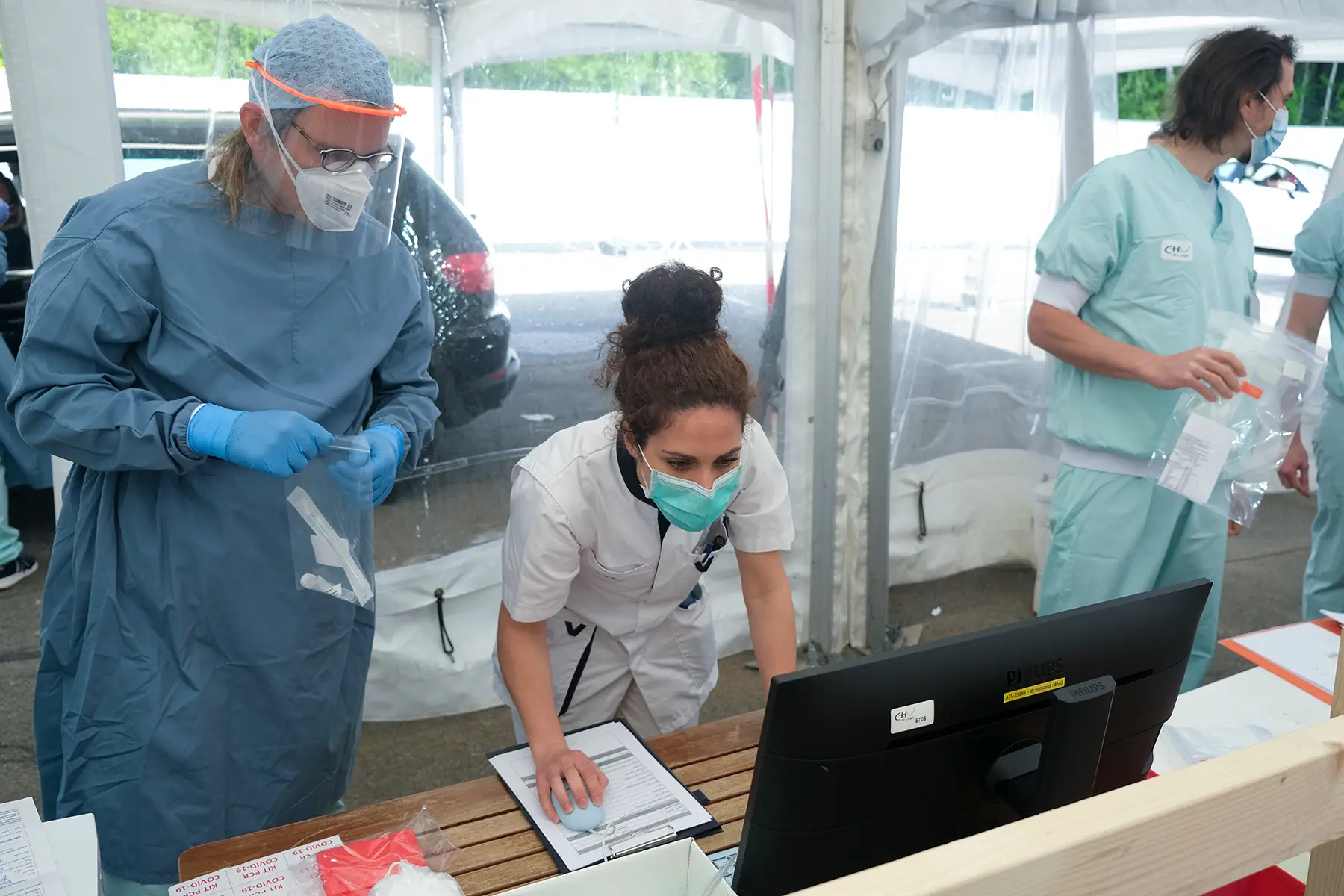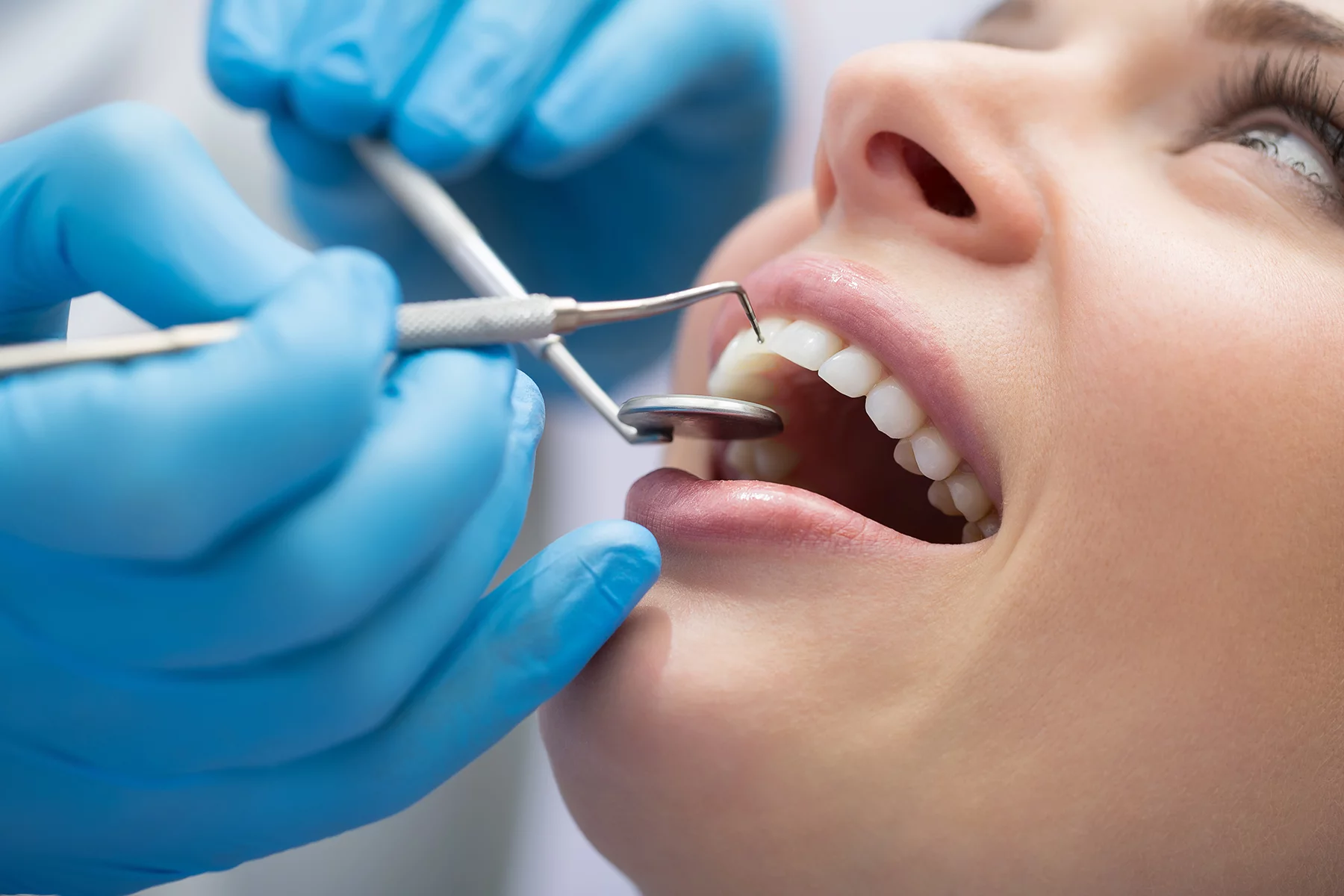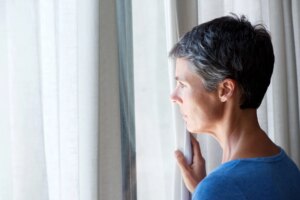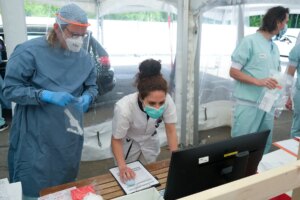Children’s health and development require special care and attention. Parent expats in Belgium will be relieved with the quality of Belgium’s healthcare system, ranked the fifth-best in Europe. This includes good quality children’s healthcare services.
This guide to children’s healthcare in Belgium includes the following topics:
- Children’s healthcare in Belgium
- How to access children’s healthcare in Belgium
- Taking your child to a pediatrician in Belgium
- Taking your child to see a doctor or specialist in Belgium
- Children’s hospitals in Belgium
- Dental care for children in Belgium
- Children’s mental health in Belgium
- Preventative healthcare programs for children in Belgium
- Useful resources
Business & Expats Health Insurance
Looking for expat-friendly health insurance in Belgium? Business & Expats Health insurance provides a dedicated service for families, individuals, and businesses moving to Belgium. With competitive benefits, expert advice, and fast reimbursements on all treatments, choose Business & Expats today.
Children’s healthcare in Belgium
Belgium provides free or subsidized healthcare from birth to the age of 18 to children of all residents with Belgian health insurance. This covers the costs of having a baby in Belgium and also enables you to access free early-years healthcare for your child.
The standard of children’s health in Belgium is generally high, as in much of the rest of Europe. 96% of Belgian children are in good or very good health, in comparison to the EU average (95%). 1.1% of Belgian children are in bad or very bad health, slightly above the EU average of 0.8%.
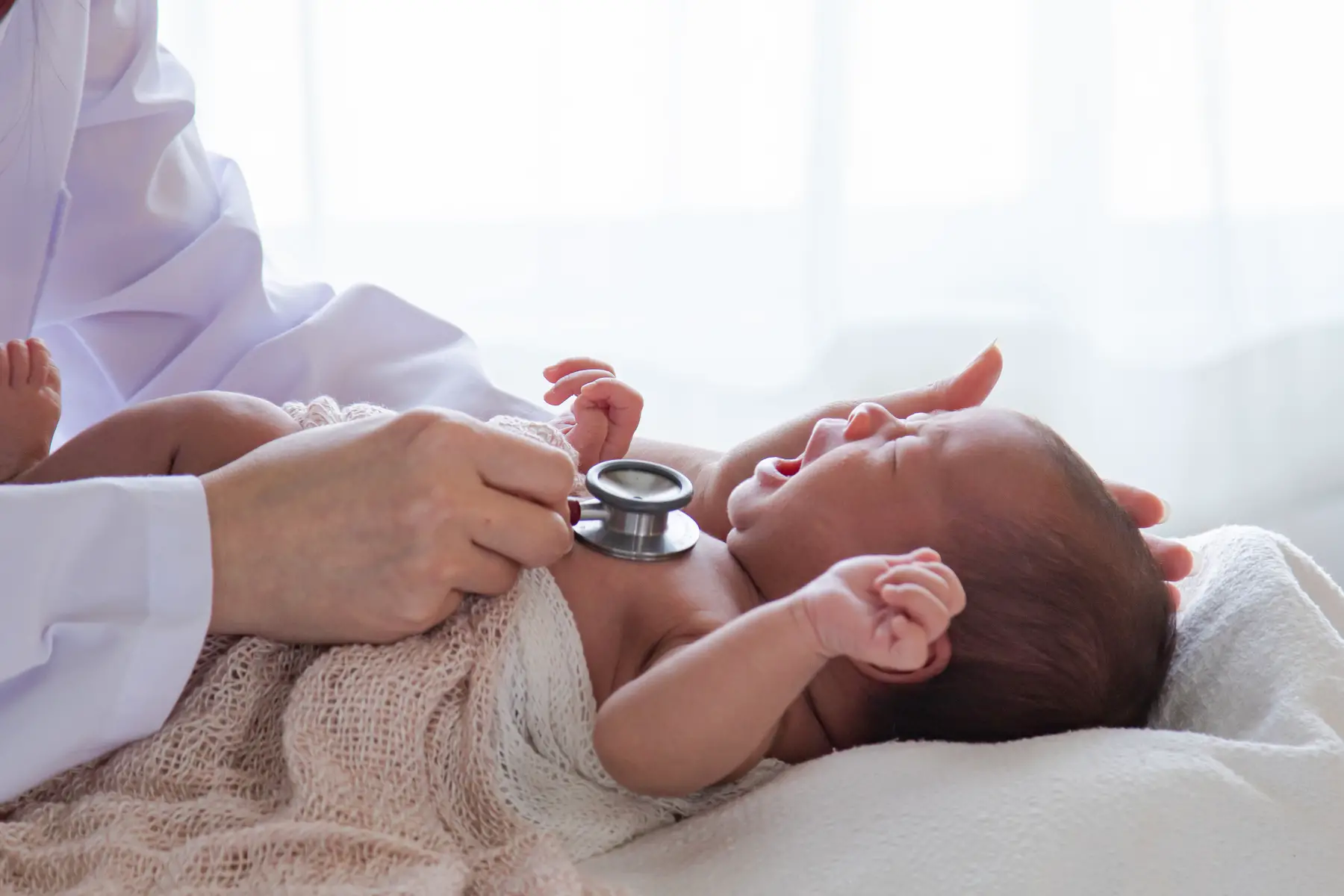
Children’s healthcare support is provided by regional agencies. In the Dutch-speaking Flemish region, Kind en Gezin (Child and Family) offers support to families with children aged 0–3. French-speaking Wallonia and Brussels are cared for by ONE (Office of Birth and Children) to children up until the age of six. In the German-speaking areas of Belgium, Kaleido Ostbelgien provides support for the healthy development of children and young people aged 0–20.
These regional organizations provide services supplementary to general healthcare available. They may refer parents to family doctors and also specialist pediatricians in Belgium in the event of health problems. However, for general minor illnesses such as seasonal viruses, you can take your child to a GP.
How to access children’s healthcare in Belgium
Public healthcare for kids in Belgium
Accessing public healthcare for children in Belgium is possible through the health insurance of the parent or guardian. If you register for Belgian social security, you can then access free or heavily subsidized public services.
If you sign up for healthcare services through the regional organizations, these are generally free. Otherwise, services such as pediatricians, GPs, and specialist care are available at a subsidized rate with up to 75% of costs reimbursed. Those unemployed or unable to work can claim the same subsidies for children’s healthcare as insured workers.
If you are registered for Belgian state healthcare, you should be contacted by a representative of ONE, Kind en Gezin or Kaleido who will sign you up for their services as well as issue your child with a medical document (Carnet de l’enfant or Boekje van het kind) to take to all appointments and record medical details.
However, you are not obliged to use these supplementary services; you can opt for a family doctor or private pediatric services instead.
Private healthcare for kids in Belgium
Although most Belgian residents have public health insurance, many use private healthcare alongside state services in order to access a wider selection of services and reduce waiting times.
Private healthcare for children in Belgium is accessible through private health insurance. This enables you to access private doctors and hospitals as well as specialist and complementary care not included in state coverage. Some companies also offer family packages that allow you to add coverage for children at a discounted rate.
You can also use private health insurance in Belgium to cover the costs not reimbursed through public insurance. The cost of private insurance varies across companies depending on factors such as level of coverage chosen and health condition of those covered so it’s worth shopping round.
Insurance companies providing coverage for children’s healthcare in Belgium include the following:
Taking your child to a pediatrician in Belgium
You can choose to have your child’s healthcare dealt with by a pediatrician or a family doctor in Belgium. ONE, Kind en Gezin and Kaleido provide early years pediatric care for free. This includes routine checkups, vaccinations, and monitoring, as well as preventative healthcare provided at clinics and medical centers. Some areas also provide home visits, mobile clinics, and daycare center visits.

There are also many pediatricians working in private practices, healthcare centers, and clinics. These usually provide services for children up to the age of 12, with some treating children aged up to 18. However, you’ll need to check that they are registered to provide public healthcare unless you have private health insurance. Typically, pediatricians are slightly more expensive than doctors in Belgium (around €40 pre-subsidy in comparison to €25–30 for a GP). You can find current pricing details here (in French).
You can search for Belgian pediatricians on websites such as Doctena and the Brussels Childbirth Trust.
Routine childhood checkups in Belgium
Pediatricians, general doctors, and other healthcare professionals can carry out routine checkups as well as screenings on children in Belgium. The standard checkups include the following:
- screening for congenital abnormalities, generally between the age of three to five days
- routine measurements for height and weight, done at intervals over the first 12 years
- hearing and eye tests to screen for long-term conditions, done at intervals over the first three years
- blood and urine tests to check for conditions such as anemia, urinary infections, and dietary problems, generally carried out over the first 12 years
- screening for infectious diseases, done at intervals between ages three and 12
Checkups may be carried out by individual appointment or sometimes in group sessions through school visits.
Vaccinations for children in Belgium
Vaccinations in Belgium are generally free. Polio is the only compulsory vaccination for children in Belgium. Other vaccines are available from the regional language communities, usually for free. These include vaccines for the following:
- diphtheria
- whooping cough
- type b haemophilus influenzae
- measles
- mumps
- rubella
Taking your child to see a doctor or specialist in Belgium
You can register your child with a family doctor in Belgium and you are free to choose your own GP. Doctors in Belgium deal with general health complaints and illnesses in children. They also maintain contact with early years agencies to coordinate health records.
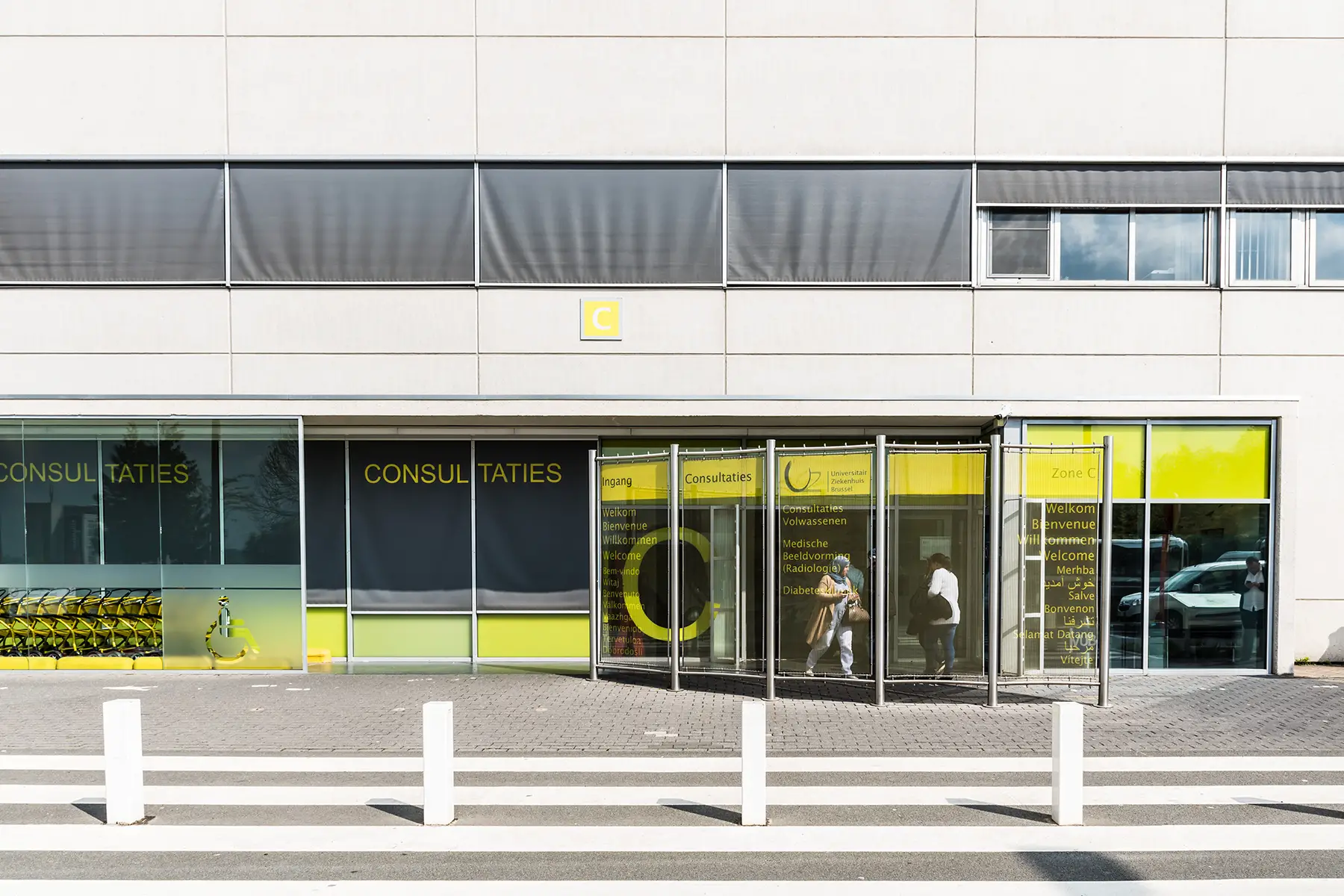
If your child is too sick to attend an appointment at the doctor’s office, a home visit can be arranged. Fees for consultations, treatment, and medication need to be paid upfront and reimbursements then claimed from your insurer.
If your child needs to see a specialist for treatment, they usually need a referral. However, you’re free to choose where they receive treatment as long as your insurer covers it. Most specialist pediatricians in Belgium are generally based within Belgian hospitals. Details of all pediatric departments at hospitals in Brussels can be found on the Hospichild website. This site also contains a wealth of information on all aspects of the hospitalization of children, before, during, and after their stay.
Children’s hospitals in Belgium
Most public and private hospitals in Belgium have pediatric wards where specialists treat children. However, you generally need a referral from a GP or general pediatrician to access hospital care. If your child is sick and it is an emergency, you can take them to the A&E department of the nearest hospital or call for an ambulance.
There are not many specialist children’s hospitals in Belgium. The biggest is the Queen Fabiola Children’s University Hospital (QFCUH). In fact, this is the only academic hospital in Belgium dedicated to pediatric medicine. The QFCUH has multiple specialist departments ranging from radiology to child psychiatry.
Other children’s hospitals in Belgium include:
- Princess Elisabeth Children’s Hospital, Ghent University Hospital (Ghent)
- ZNA Queen Paola Children’s Hospital (Antwerp)
Hospichild is a great resource if you live in the Brussels-Capital Region and your child needs to be hospitalized.
See even more general information in our full guide to hospitals in Belgium.
Dental care for children in Belgium
Under the healthcare system, basic dental care and treatments in Belgium for children under 18 – such as checkups, fillings, and extractions – are free. However, some Belgian dentists work privately, so check with your dentist in advance that they are providing a free service.
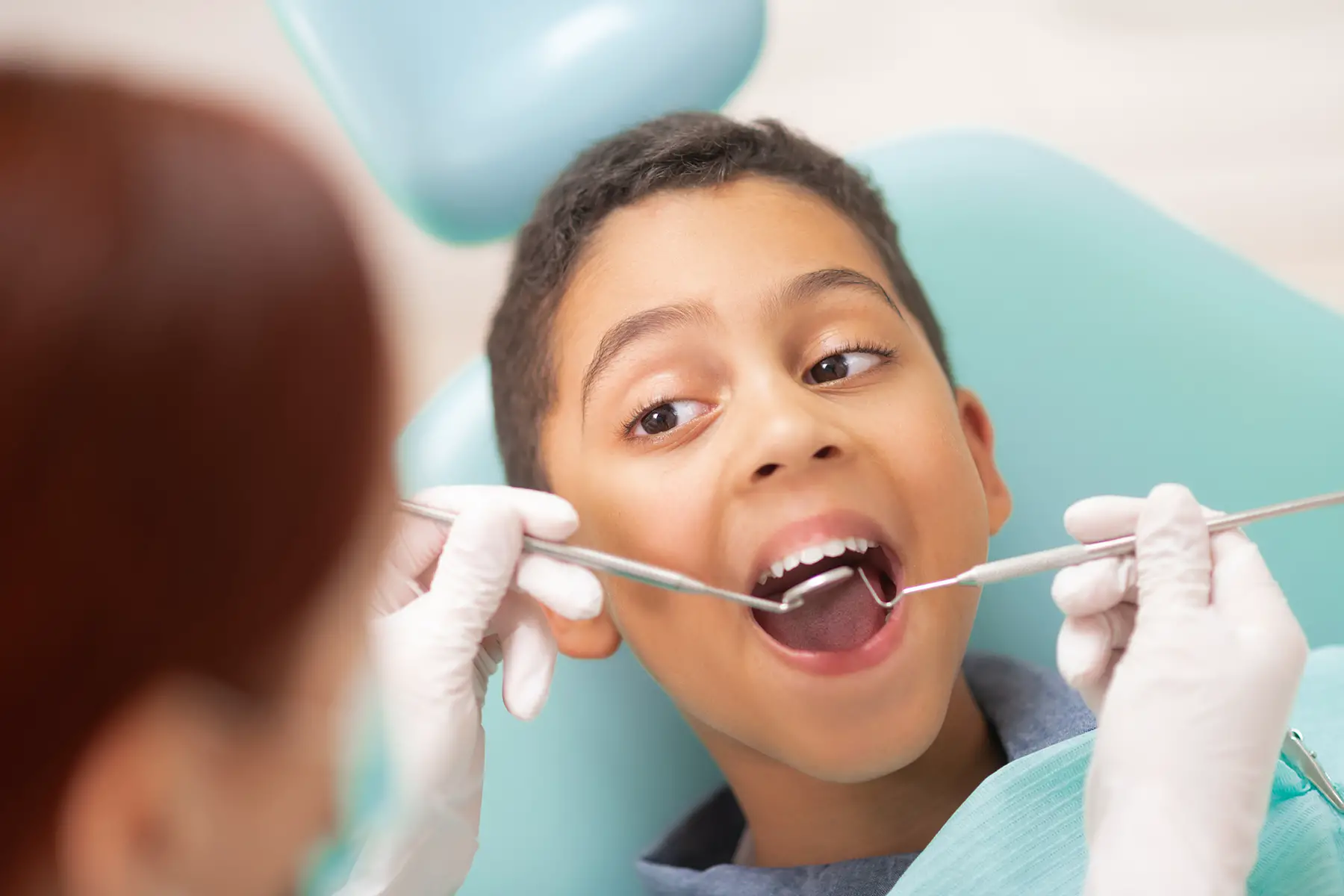
Children usually have their first visit to the dentist around the age of two or three years. Checkups then generally follow every six to 12 months. You can choose which dentist treats your child and may want to register them with your own dentist. Again, check that the dentist provides services covered by your health insurance plan.
Dental treatment not provided for free for children in Belgium includes the following:
- Braces – ranging from between €300 (removable) to €3,000 (fixed). Costs are partially reimbursed by public health insurance. You must agree to this with your insurer and your dentist.
- Crowns and bridges – starting at around €500.
- Implants – ranging from €380 to €620.
Alternatively, you can take out private insurance to cover costs not included in public schemes instead.
Children’s mental health in Belgium
Mental healthcare provision has improved for Belgian children in recent years. Although problems such as depression, anxiety, and bullying still remain, Belgian children between 11 and 15 reported lower than average levels of low mood and being bullied according to a 2018 World Health Organization study.
Access to child mental healthcare services is usually through GPs and pediatricians, who refer to specialist mental healthcare and child psychiatry services that are based in hospitals and special units. The QFCUH has an extensive psychiatry unit providing services as well as support to children and young people from birth to young adulthood.
The emphasis has changed in recent times towards a more integrated and preventative approach to address child mental health in Belgium. Multisectoral mental health networks consisting of crisis as well as outreach teams were set up in local areas in 2015. These extended to include provisions for children and adolescents.
Much has also been done to promote mental well-being in Belgian schools, particularly in Flanders, which has an integrated school mental health strategy.
Further community-based support is available through the English-speaking Community Help Service, which has a specialist children’s team consisting of a child psychiatrist, child psychologists, and education specialists that deal with a range of emotional and behavioral issues and offer psychological testing. There is also a 24/7 information and crisis helpline.
See even more information in our guide to mental healthcare in Belgium.
Preventative healthcare programs for children in Belgium
The regional organizations ONE, Kind en Gezin and Kaleido offer preventative healthcare services that go beyond vaccinations and examinations for disease prevention. These focus mainly on healthy eating and nutrition advice and initiatives.
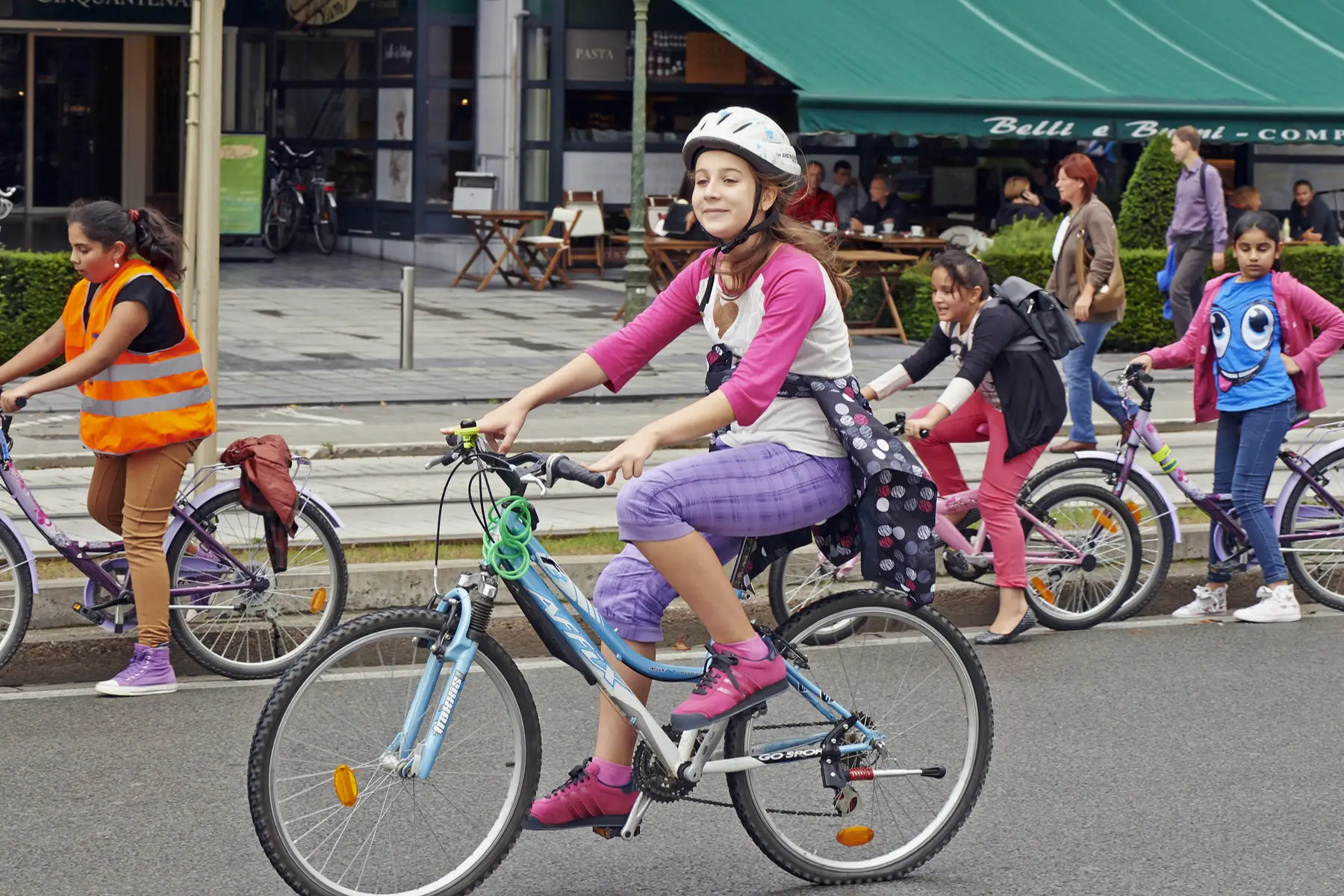
In Flanders, where the regional service provides support only during the preschool years, schools have taken a more active involvement in encouraging healthy lifestyles among students. This includes engaging with programs such as Good Food@School and the Active Healthy Kids Global Alliance, which promotes physical activity.
Useful resources
- Kind en Gezin – regional support service in Flanders for children under the age of six
- Office de la Naissance et de l’Enfance (ONE) – regional support service in Wallonia for children under the age of 12
- Kaleido Ostbelgien – regional support service in German-speaking Belgium for children and young people under the age of 20
- Federal Public Service for Health, Food Chain Safety, and Environment
- Brussels Childbirth Trust
- Community Help Service – English-language voluntary mental health organization
- Doctena – find doctors and specialists in Belgium
- Hospichild – information on advice on hospital treatment for children in Belgium


